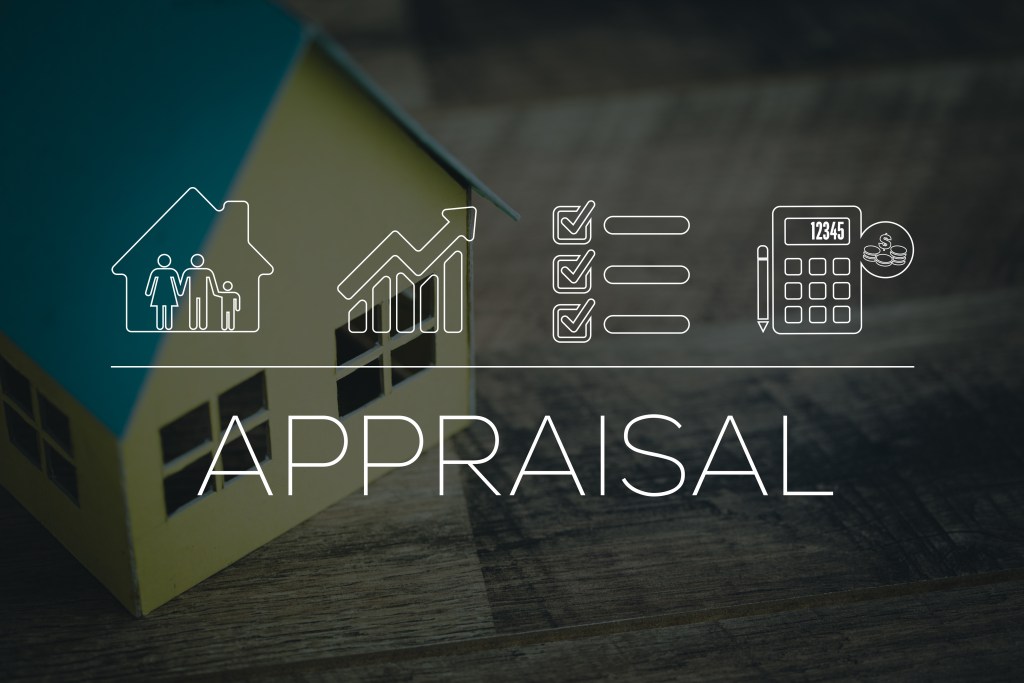Properly valuing your current property, or those that you are considering for acquisition, will provide essential market data to help you make the most profitable decisions for your portfolio. The valuation process can create anxiety for all parties involved in the investment business. The results of an appraisal can make or break a transaction and drastically shape investment strategies. Here are answers to key questions that come up when selecting an appraiser, ordering a report, and interpreting the results of commercial appraisals.
How do appraisers measure the value comparables?
Appraisers employ detailed scientific methods to create accurate estimates of value. The methodologies they use include the substitution/comparison, income, and cost approaches. The substitution method is typically used for single family residences, condos, and 1-4 unit multifamily properties, as well as land. The substitution method considers the sold price of similar properties in the community. Adjustments are then made to comparables based on the estimated value of differences in the properties. The income and cost approaches can also be used to valuate rental properties of any size, but are more common in application to commercial properties.
What is highest & best use in commercial appraisals?
Highest and best use is a principal that appraisers use to determine what usage of the property will derive the greatest economic benefit. This is a common consideration when the prevailing usage of surrounding properties is starting to shift. If land or a structure is used in a way that is inconsistent with surrounding usages, it limits the potential revenue the lot could generate. This can also have a negative impact on the value of neighboring properties due to the principal of regression. If the current usage doesn’t yield the greatest return, then it may not be the best potential investment. An exception is if the property can be acquired well below market with the potential to change the use and improve the value.
How do commercial appraisals figure depreciation?
Depreciation is used in the cost approach to estimate the loss of value. This includes loss due to physical deterioration, functional obsolescence, and external obsolescence. Within these categories there is curable and incurable deprecation. As the names imply, curable depreciation sources can be remedied at a cost lower than the increase in value from improvements. Incurable depreciation describes to opposite circumstance where renovation costs exceed the potential appreciation. The straight-line or linear depreciation method is also commonly applied to adjust value in fixed annual increments that vary for commercial and residential structures.
How do I find the best commercial appraisals?
The ideal approach is to ask others in the investment community for recommendations to the most qualified appraisers. Look for local commercial appraisers that have experience in your property class and that have earned designations from the Appraisal Institute, including SRA, SRPA, and the highest level of recognition: MAI. MAIs have the highest level of verified commercial appraisal experience and are most qualified to advise on investment decisions. Avoid working with appraisers managed by appraisal management companies that are often less experienced and based outside your market. Hiring a commercial MAI as a valuations consultant will strengthen your professional support team. It will also help to ensure that you’re aware of all market factors, and prevent you from over paying.
Where do commercial real estate appraisers get their data?
Commercial real estate appraisers utilize a variety of data sources including tax records, public records, and market data. They study the data to draw conclusions about the direction of the market, value of adjustments, and customary cap rates. Additionally, most modern appraisers utilize data services that aggregate data and allow them to run statistics and extrapolate data. Larger commercial and industrial markets are complex and require extensive analysis to generate reliable and well-supported valuations.
Which type of report is best for commercial appraisals?
The best report to request will depend on your objectives and budget. The most common form types include the short or summary form, the uniform appraisal report, and the full narrative appraisal report. The summary report is typically available with a lower cost and turn-around time, and may not include an inspection. These forms also more suitable for smaller residential properties. Whereas for higher value commercial properties that require more diligence, the uniform and narrative reports are more common. They always include an interior and exterior inspection and include more detailed value justifications and comparable adjustments. The narrative report is the most comprehensive and is the best choice for commercial real estate investments.
What is the difference between the income and cost approaches?
The income approach to valuation involves estimating the value of the property in terms of the net income it generates relative to the purchase price. Appraisers analyze other income properties of similar class and market to determine the appropriate capitalization rate (cap rate). The cap rate is a multiplier that represents the level of returns that investors demand to contribute capital to an investment project. The rate is calculated by diving the annual net operating income by the price of the property. The cost approach is a method that estimates value based on reproduction or replacement cost. This approach is commonly used as a supplement to temper the value rendered by the income method. It is also suitable for non-income producing properties with specialized uses.
Figuring it Out
We work with a lot of appraisers and have had tremendous success in successfully closing transactions for our clients, despite appraisal challenges. We’d love to share our experience with you and answer any questions you have about the valuations process.


